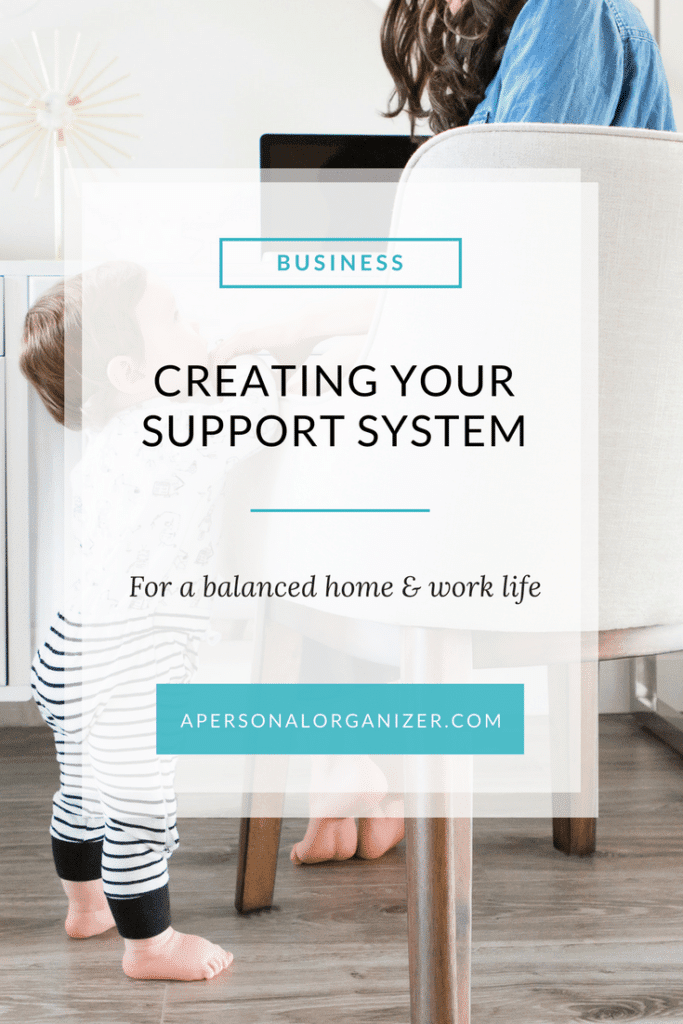
One of the hardest things about starting a new career and maintaining a healthy work-life balance is to recognize from the start that things are going to change, and not always for the better. When you plan ahead for these changes, you can minimize the impact they can have. Here is a home and business planner that will help you get everything together as you read through this post. If you would like instant access to all of our printables at once, subscribe to get instant access to the vault!
Set a Timetable
Most new business owners underestimate the time it will take to work with clients and run a small business successfully.
Time wasters and time eaters can devour your day. Watch out for emails, phone calls, time on social media, and so on. If you are working from home, also watch out for distractions like household chores, the TV, and so on.
At the same time, it is important to schedule some “me time” to keep things in balanced.
If you love gardening, painting, or have a hobby, try to keep some time every week to do what you love.
30 minutes per day for exercise, even if it’s broken into 3 10-minute intervals, will make a huge difference in your productivity. So will setting regular meal times to keep your energy level up and to establish a happy family time on your day.
The bottom line is, you can’t take care of your business and family if you don’t take care of yourself.
For the most part, your timetable will depend on your family commitments. If you have small children at home, for example, your working day may not be a typical 9 to 5. If your children are school-age, you will have more free time throughout the day but may need to stop work when they get home.
Preparing to work with reality vs. ideal circumstances will set you up for success.
Be Sure You Have the Right Support
Support from your spouse, family, friends, and even neighbors, with whom you can swap playdates and/or childcare, will all help your days run smoothly.
Communicating your plans and needs clearly will help you have the run when you need it.
For example, if your spouse knows ahead of time that there’s a lecture you want to attend, he can plan to be home earlier that day and care for the children.
If you both work from home, it’s important to establish a schedule that allows both of you to work and be productive without interruptions. If everyone is on the same page, you’ll avoid stress in your relationship, and the work will get done.
Having a planned schedule will give you the opportunity to plan for help, be it grandma or a hired nanny.
When the boys were young, my best working hours were after I put them to sleep around 7 PM, giving me a good chunk of hours to get the work done without constant requests. And once my husband graduated and had more reasonable working hours, we established “free nights” for myself when I could work while he cared for the night routine.
Plan Your Home Office
One of the first things to decide is where you will be working.
A small home office, separated from the rest of the home, is best. This allows you to keep your business-related items in one place and gives you a quiet area to work from.
If a separate space is not available, you can dedicate a quiet corner of a room for your business. Consider using a folding screen to give you some privacy.
Plan Ahead to Stay Safe
You need to protect yourself legally and physically as a professional organizer. Having procedures in place, contracts, and insurance will help with this. Register your business as an LLC (Limited Liability Company) to protect yourself, and all that is most important to you.
Don’t take just any client. Colleagues with more experience will say that when we’re starting, anyone with a pulse and checkbook is a potential client and how that leads to building a business you’re not happy with.
Draw up a questionnaire, and talk to them by phone. This ensures both parties are clear about the scope of the work, expectations, and payments. If at any time you don’t feel 100% comfortable with the work, talk to the client. Your gut instinct is oftentimes right, so don’t dismiss it without careful consideration. If necessary, back out of the contract or get someone to assist you with the work so you are safe at all times.
Remember, It Is Not Just a Business, It’s a Career.
Study as much as you about professional organizing before going into business. If you want to be board certified, the Board of Certification for Professional Organizers offers a certification program. Join the National Association of Professional Organizers (NAPO), take their courses, attend your local chapter meetings, and more.
Build an Impressive Portfolio
Post all your successes online.
Tackle small projects first for friends, family, and neighbors. Take before and after shots to prove you can help people transform their lives for the better. Select your best images and create a photo album you can bring with you for assessments with prospective clients.
Just like a home, building a successful business starts with a solid foundation. Take the time to build a solid support structure, and your business will run more smoothly from the start.






